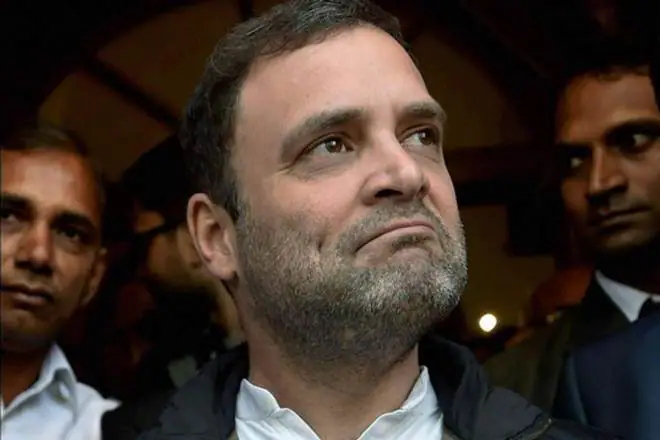In a significant legal development, Rahul Gandhi, a prominent leader of the Indian National Congress, approached the Supreme Court on Saturday, July 15th, 2023, after his plea for relief in a defamation case was denied by the Gujarat High Court. Gandhi's move comes as he seeks to challenge the High Court's order from July 7th, which dismissed his request for a stay on his conviction in a criminal defamation case related to the Modi surname. The Congress leader contends that if the decision is not overturned, it could have severe implications for free speech, expression, and thought.
Rahul Gandhi's petition, filed in the Supreme Court, aims to reverse the dismissal of his plea and secure relief in the criminal defamation case that has been a source of contention. Expressing deep concern over the potential consequences, Gandhi argues that if relief is not granted, it could irreparably damage his career spanning eight years. Furthermore, he raises the alarm about the gradual erosion of democratic institutions and the potential stifling of democracy if the High Court's decision is allowed to stand.
In his plea, Rahul Gandhi vehemently refutes the complainant's claim that his speech defamed individuals with the Modi surname. He emphasizes his role as the representative of the Wayanad constituency in the Lok Sabha, highlighting that penalizing him for what he deems as minor defamation charges deprives his constituents of their voice in Parliament and their ability to participate in democratic governance. Gandhi underscores the significant harm that the lack of representation would cause to the people of Wayanad, leaving them without a voice for an extended period.
The case dates back to an election rally in Karnataka in 2019 when Rahul Gandhi made remarks questioning why individuals with the surname Modi are thieves. Following his conviction by the Metropolitan Magistrate Court of Surat on March 23rd, 2023, Gandhi was sentenced to two years in jail. This led to his disqualification from membership in Parliament as per Section 8(3) of the Representation of the People Act, which renders a person ineligible for the term of their punishment and an additional six years, barring them from contesting elections.
Despite the setback in the Gujarat High Court, Rahul Gandhi is now pinning his hopes on the Supreme Court to overturn the decision and safeguard his political career. He frames the case as an effort to ensure the welfare and representation of the people of Wayanad, emphasizing the need to protect free speech and democratic principles.
The Supreme Court's consideration of Rahul Gandhi's appeal will be closely watched, as it could have far-reaching implications for defamation laws, freedom of expression, and the future of Gandhi's political journey.








